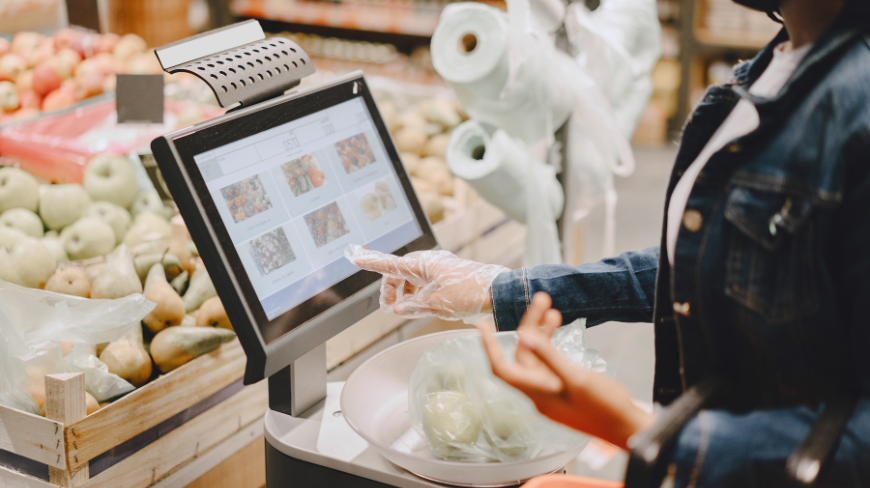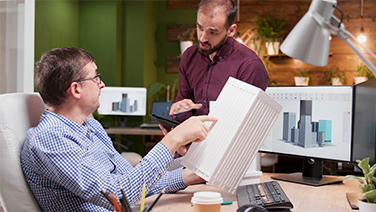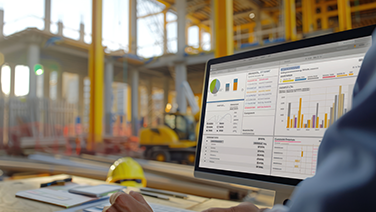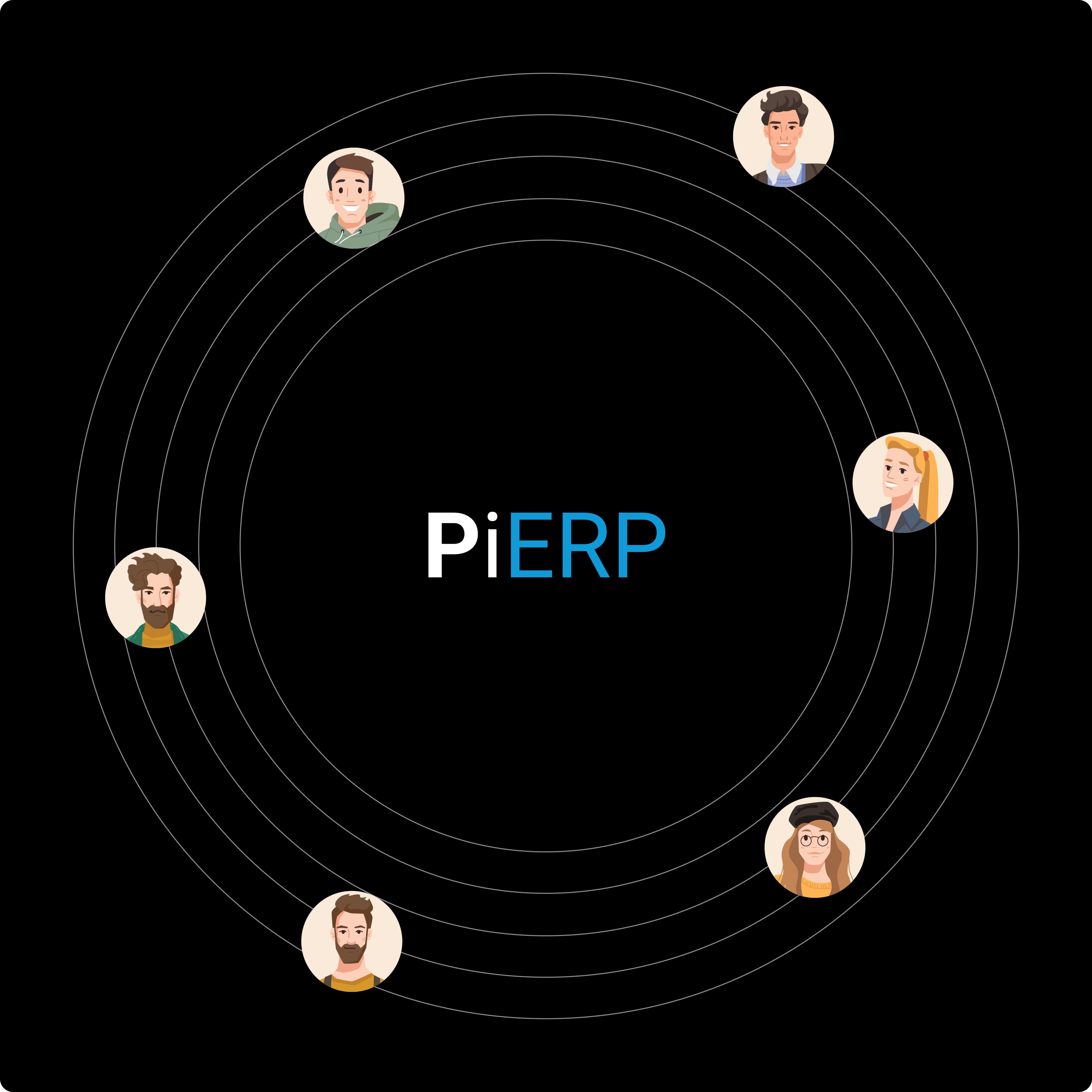Retail is fast-paced, customer-driven, and increasingly digital. Whether you’re managing multiple store locations, eCommerce platforms, or inventory warehouses, keeping everything aligned is no small task. That’s where an integrated ERP (Enterprise Resource Planning) system becomes not just beneficial—but essential.
Retailers need more than just a point-of-sale (POS) or inventory tool. They need a unified system that connects all aspects of their operations, from inventory and purchasing to customer service and finance. Let’s dive into why an integrated ERP system is a game-changer for modern retail businesses—and how PiERP can help.
What Is an Integrated ERP System?
An integrated ERP system consolidates all of a business’s core processes—like inventory, order management, procurement, CRM, sales, HR, and finance—into one centralized platform. In the retail context, this integration enables real-time data visibility, automation, and smoother collaboration across departments and channels.
Key Challenges Faced by Retail Businesses
Retailers today must navigate:
- Multichannel operations (physical stores, eCommerce, marketplaces)
- Rapid inventory turnover
- Complex supply chains
- Price fluctuations and seasonal demand
- High customer service expectations
- Competitive pricing and tight profit margins
An integrated ERP system directly addresses these issues with automation, analytics, and cross-functional coordination.
Benefits of an Integrated ERP System for Retail
1. Centralized Inventory Management
Know exactly what’s in stock, where it is, and how fast it’s moving. Reduce stockouts and overstock issues with real-time inventory data across all channels.
2. Seamless Omnichannel Operations
Synchronize data across physical stores, eCommerce websites, and third-party platforms. Ensure consistent pricing, product info, and customer experience everywhere.
3. Faster Order Processing
Automatically route orders to the right fulfillment centers, track shipments, and manage returns efficiently—improving customer satisfaction and reducing processing time.
4. Enhanced Customer Experience
Use CRM features to personalize marketing, track customer preferences, and provide consistent service—online and offline.
5. Real-Time Analytics and Reporting
Make faster, smarter decisions with real-time dashboards and sales insights. Track bestsellers, profit margins, customer trends, and more.
6. Integrated Accounting and Finance
Connect sales, purchases, and expenses with your financial system for real-time profit tracking, tax calculations, and audit-ready books.
7. Scalability and Customization
As your retail business grows, your ERP grows with it. Whether you’re opening new stores or expanding online, an integrated ERP provides the flexibility you need.
Why Choose PiERP for Your Retail ERP Needs?
At PiERP , we offer purpose-built ERP solutions tailored for retail businesses of all sizes. Our platform empowers retailers with:
- Real-time inventory tracking
- Omnichannel POS and eCommerce integration
- Automated procurement and supply chain workflows
- Customer loyalty and CRM modules
- Financial and tax compliance tools
- Custom reports and data analytics dashboards
With PiERP, you get an end-to-end solution that supports both operational efficiency and business growth—all with a user-friendly interface and mobile access.
Conclusion:
In today’s competitive retail environment, fragmented systems are no longer sustainable. An integrated ERP system gives retailers the visibility, agility, and control they need to deliver exceptional customer experiences while optimizing operations and costs.
If you're ready to take control of your retail business with a powerful ERP solution, explore our ERP solutions for retail or reach out to our team to schedule a free consultation or demo.






